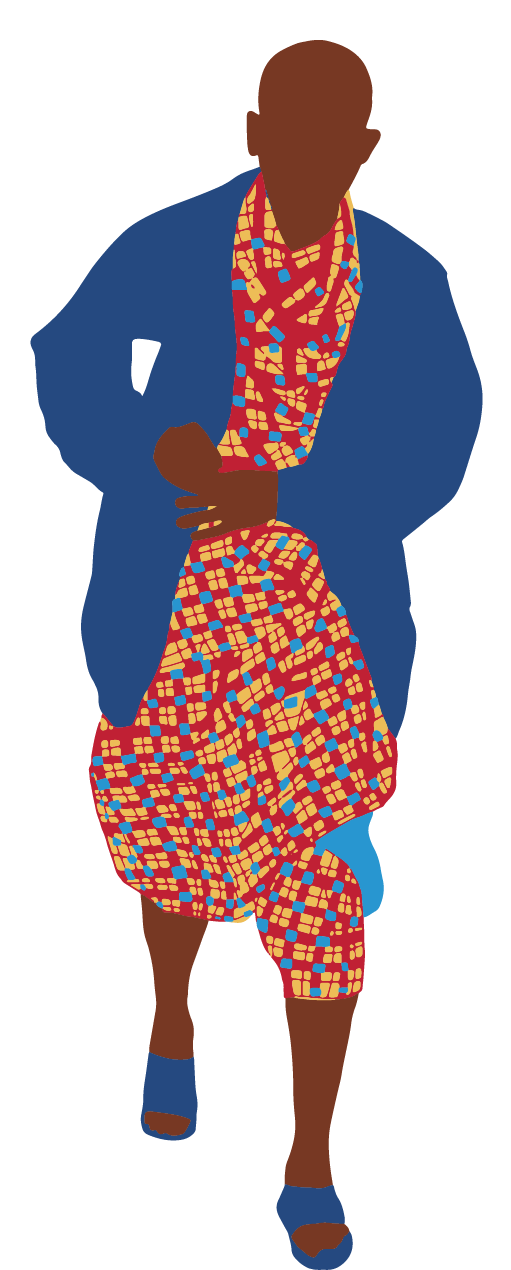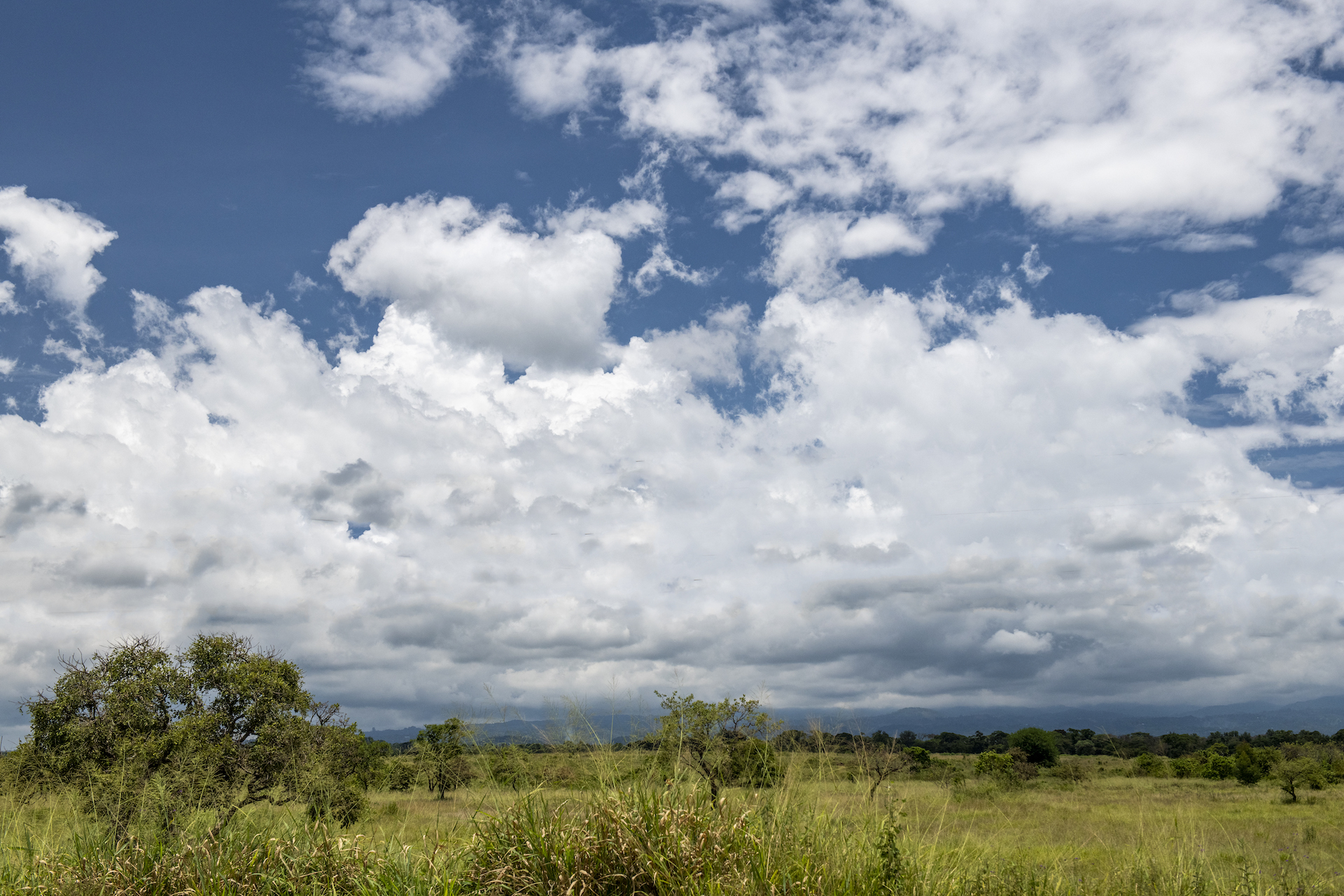Monica and Regilimo Kilitia are newlyweds living in a Maasai community in northern Tanzania. Shortly after Monica married Regilimo, she began falling ill. Desperate to find a remedy, her father-in-law, Kilitia Sabure decided to take measures into his own hands by searching for local herbs to cure her. However, his efforts were in vain, Monica’s health continued to deteriorate.
“One night, I decided to take my child (Monica) to the health center to understand the cause of her suffering because my previous attempts had not yielded any positive results,” says Mr. Kilitia. He took Monica to a laboratory in Matui for normal testing, and she was diagnosed as HIV-positive. She was then referred to Kibaya District Hospital for a confirmatory test and was immediately enrolled on treatment and provided with other necessary care. Her husband was also tested and found to be HIV negative. He started taking pre-exposure Prophyaxis (PreP) that same day. When taken properly, PrEP stops HIV transmission.
“It was very difficult to accept this situation within our boma [household], having someone with this homa mbaya [HIV],” continued Mr. Kilitia. “But as the head of the family, I decided to take on the responsibility of ensuring their adherence to antiretroviral (ARV) and PrEP treatments and keeping this secret from others outside the Boma.”
“But as the head of the family, I decided to take on the responsibility of ensuring their adherence to antiretroviral (ARV) and PrEP treatments…”
 In the Maasai community, HIV is considered a cursed disease, and if someone is known to be HIV-positive, they are often detested. Mr. Kilitia became a pioneer in ensuring that both Monica and Regalimo attended every appointment, without missing their ARV and PrEP treatments.
In the Maasai community, HIV is considered a cursed disease, and if someone is known to be HIV-positive, they are often detested. Mr. Kilitia became a pioneer in ensuring that both Monica and Regalimo attended every appointment, without missing their ARV and PrEP treatments.
Monica’s health has improved, and she is rewarded with a sheep each month to maintain her adherence to the treatment, her husband, Regilimo, was able to stop taking PrEP after Monica’s viral load became undetectable in her body due to her adherence.
Maasai Elders Taking the Lead
Monica’s story illustrates how the involvement of Maasai elders can lead to a client-centered approach to retention on antiretroviral treatment, resulting in improved access to quality health services, the adoption of positive health behaviors, and the creation of an enabling environment for quality healthcare provision to the hard-to-reach settings.
Mr. Kilitia is like my guardian angel, Says Monica. “I believe I would have lost my life without him. I also want to thank my husband for his support and acceptance of taking PreP,” she said with a smile.
“HIV is a deadly disease, but for the sake of our children and grandchildren I want to break the cycle of fear,” Mr. Kilitia emphasized, “If we continue to fear and hide, our society will perish due to this homa. “I am ready to take the responsibility of spreading this message to my fellow Maasai elders for the liberation of the Maasai society as a whole.”
Mr. Kilitia believes that if the heads of the bomas take the responsibility to disclose the HIV status of those affected, they can defeat the disease, increase the productivity of their bomas, and uphold the good cultural and overall well-being of the Maasai community.
Mr. Kilitia expressed his gratitude to the healthcare providers at Kibaya Hospital and the USAID Afya Yangu Northern project for the support and encouragement which brought joy back to his boma.
“HIV is a deadly disease, but for the sake of our children and grandchildren I want to break the cycle of fear.”
*Why do we use illustrations? Sometimes people agree to share their story but are uncomfortable with also sharing their image due to stigma and/or privacy concerns. In these cases, we use illustrations to help tell the story while protecting the privacy of the individual. Illustrations are not meant to depict a specific person.




